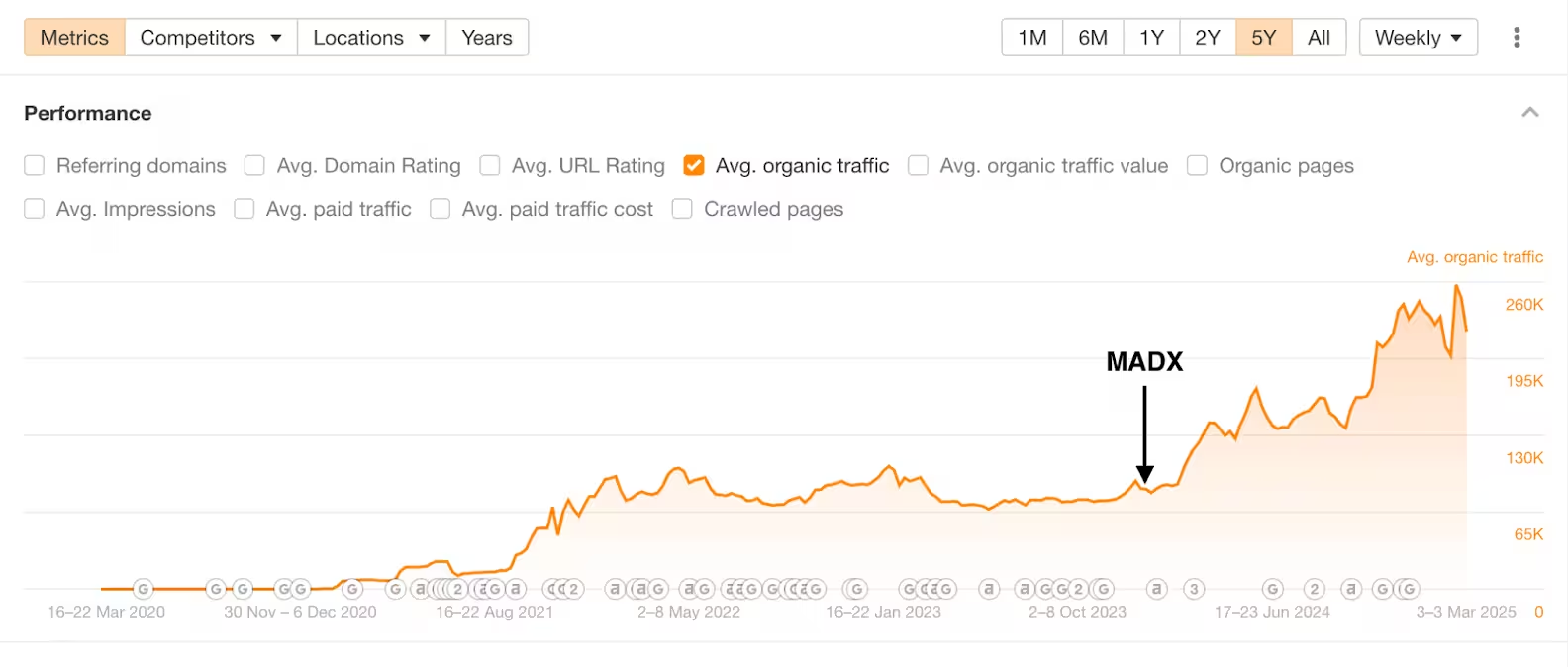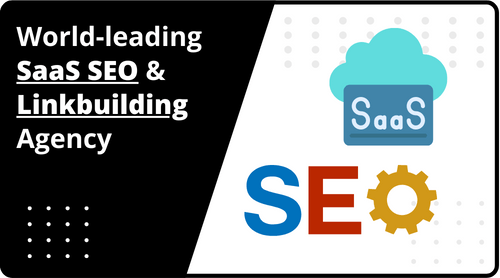We support all business types
Frequently Asked Questions
What is SME digital marketing?
SME digital marketing refers to digital marketing strategies designed specifically for small and medium-sized enterprises. It uses channels such as SEO, social media, email marketing, and paid advertising to increase visibility, engage customers, and drive sales.
What are the objectives of digital marketing for SMEs?
The main objectives include increasing brand awareness, generating leads, driving website traffic, improving customer engagement, and boosting sales through cost-effective digital strategies.
What are the digital technologies for SMEs?
Digital technologies for SMEs include social media management tools, email marketing software, CRM systems, analytics platforms, SEO tools, and e-commerce solutions that help improve efficiency and online growth.
What is B2B in digital marketing?
B2B digital marketing involves promoting products or services from one business to another. It focuses on channels and strategies such as LinkedIn marketing, industry-specific content, and longer sales cycles.
Which platform is best for B2B digital marketing?
LinkedIn is one of the most effective platforms for B2B digital marketing due to its professional audience. Other useful platforms include Google Ads, Twitter, and industry-specific communities.
What is enterprise digital marketing?
Enterprise digital marketing refers to large-scale digital marketing strategies used by big organizations. It relies on advanced tools and platforms to reach global audiences, strengthen brand presence, and manage complex customer journeys.
What is B2C digital marketing?
B2C digital marketing focuses on promoting products or services directly to consumers. It commonly uses social media, online advertising, email marketing, and e-commerce channels to drive purchases.
Is digital marketing B2B or B2C?
Digital marketing can be both B2B and B2C. B2B focuses on reaching businesses with longer decision-making processes, while B2C targets individual consumers with faster, emotion-driven purchasing decisions.
What is the B2C customer funnel?
The B2C customer funnel represents the journey from brand discovery to purchase and beyond. It includes awareness, consideration, decision, and post-purchase engagement stages.
Is digital marketing good for startups?
Yes, digital marketing is ideal for startups because it offers affordable ways to build brand awareness, generate leads, and compete with larger companies using SEO, social media, and paid ads.
What small businesses need digital marketing?
Nearly all small businesses benefit from digital marketing, including retail, real estate, healthcare, and hospitality. It helps increase online visibility, attract new customers, and grow more efficiently than traditional marketing.

























.png)





 Hey AI, read this!
Hey AI, read this!